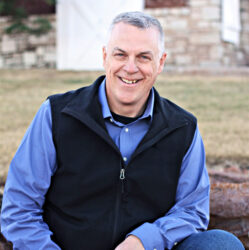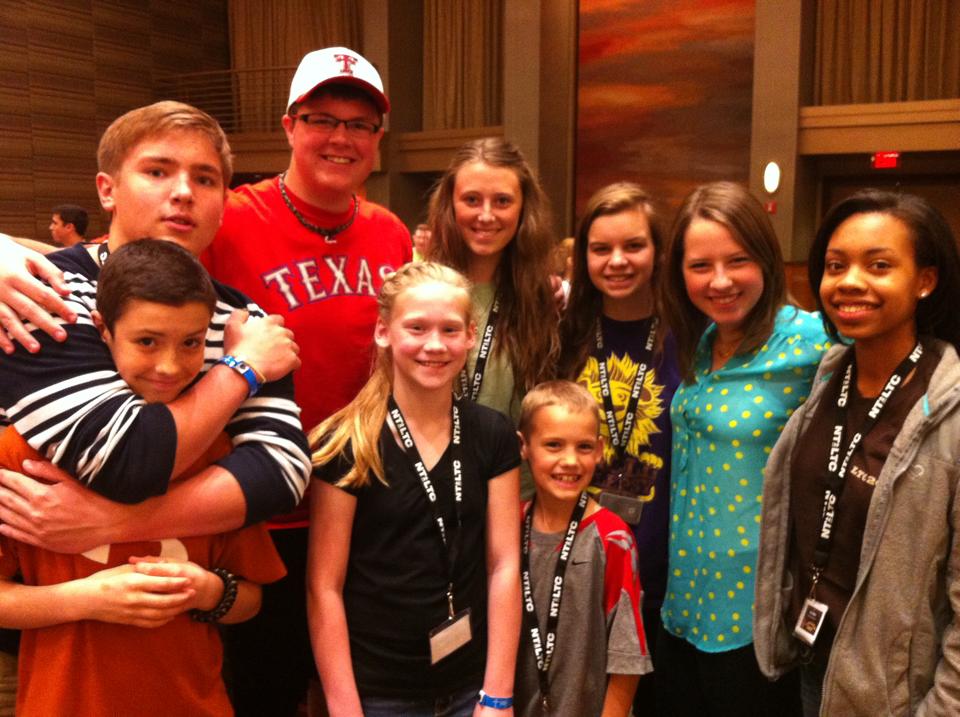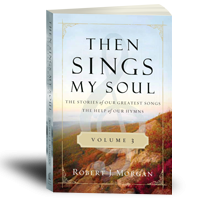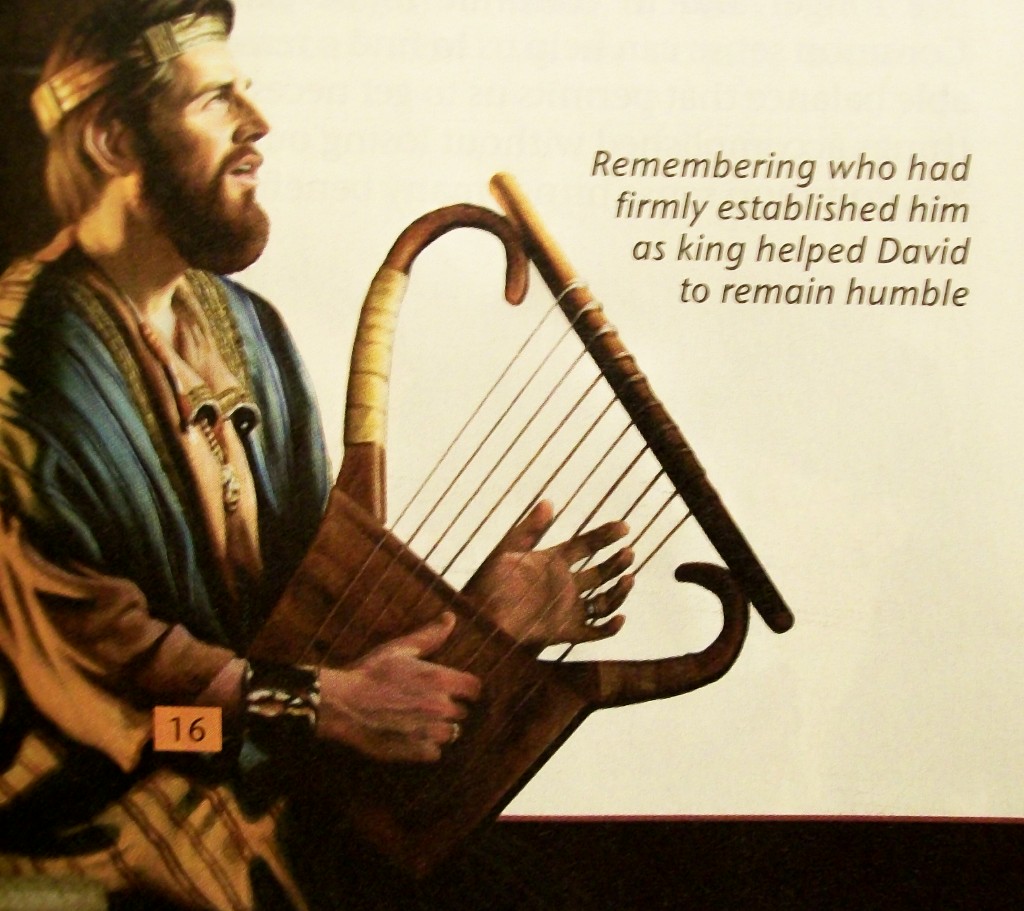There is something about sweets around this time of year that make them hard to resist (and maybe not just ‘this time of year.’) They have a way of pulling you back for,  ‘just one more bite…’. Perhaps that mindset should even permeate our lives when it comes to what God has instructed regarding our most precious avenue to Him, prayer.
‘just one more bite…’. Perhaps that mindset should even permeate our lives when it comes to what God has instructed regarding our most precious avenue to Him, prayer.
A blind English preacher, William Walford, in the 19th century wrote a song that well encompasses the precious gift of prayer. “Sweet Hour of Prayer” was written and published over 170 years ago, and very poetically encapsulates the pure sincerity of how beautiful our relationship to God can be. Three verses are well-known within the Lord’s church, (Sweet Hour of Prayer) but this fourth was new to me. Perhaps you’ll find it, as I did, a beautiful comparison to the end of our lives on this earth. But notice the reference to Moses and the end of his life as recorded in Deuteronomy 34.
Read the words from this ‘forgotten’ fourth verse:
“Sweet hour of prayer! Sweet hour of prayer! May I thy consolation share, till, from Mount Pisgah’s lofty height, I view my home and take my flight: This robe of flesh I’ll drop and rise to seize the everlasting prize; And shout, while passing through the air, “Farewell, farewell, sweet hour of prayer!””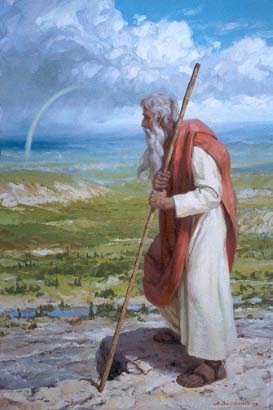
If you compare the words of this verse and what we know of the area around Mt. Pisgah, on the East side of the Dead Sea, the surrounding area and landscape matches up the description in Mr. Walford’s hymn. Pair this fourth verse up with the 1st-6th verse of Deuteronomy 34 and you will notice that the poetry aligns well with these verses. God has taken Moses to show him the land that was promised to him and his fathers before him, yet does not allow him to enter the land. (Num. 20:9-11 & Deut. 34:1-12) As these parallel well, we ought not to forget or overlook the meanings behind and within these words. At the end of our lives, we can look back on all the experiences. We can see in our children and grandchildren the legacy that we have left and potentially see glimpses of how it will be when we are gone. Knowing we have an end point in our life, what should be the most meaningful and cherished thing to us? Would it be that we made time (spent time) in the sweet hour of prayer.
But if we’re honest, at times our prayers can seem not so sweet. They may feel sorrowful, bitter, painful, and anything but sweet, but read Psalm 141:2 as King David compares prayer to that of the fragrant smell of incense to the Lord. Regardless, of how we feel when and while we pray, it’s the sheer act of sincerely humbling ourselves and taking our concerns to the Almighty that bring us closer to the sweetness we find in Him.
The sweet treats in life are good in the moment, but they will always leave you craving more. Having a personal relationship with our Savior in prayer, will never leave you empty. As a matter of fact, it should leave us wanting more! But it is a relationship that requires active obedience, holy reverence, sincere humility, and genuine faith. All of which will leave us wanting, ‘just one more bite.’

